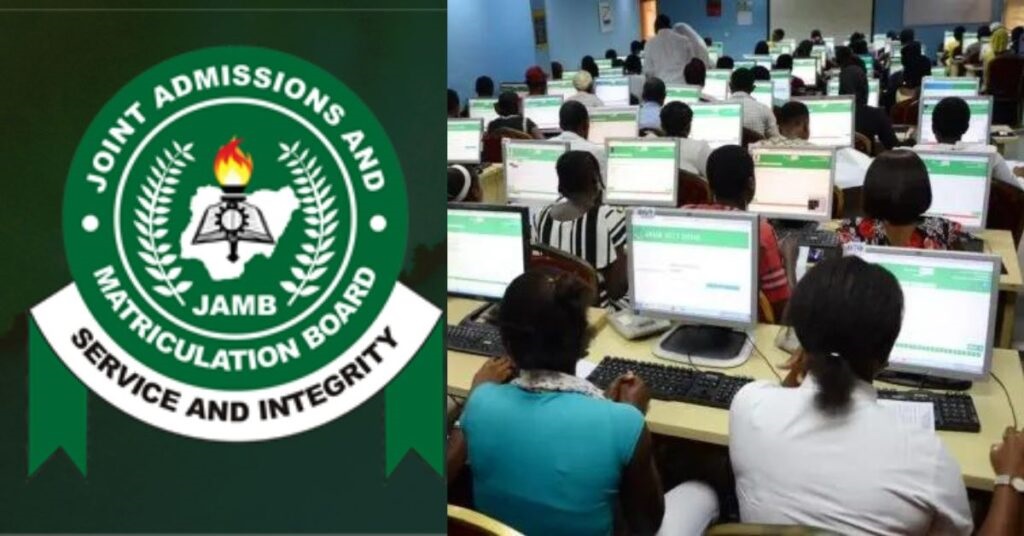Nigeria is now ranked first in Africa and seventh in the world, with the highest number of students in the US.
Nigerian student enrollment at U.S. colleges and universities rose to 20,029 students in 2023/2024, marking a 13.5 per cent increase from the previous year, according to the 2024 Open Doors Report on International Education Exchange.
According to a statement issued Tuesday by the US Embassy in Abuja, Nigeria is Africa’s leading source of international students and 7th globally.
The report reveals that U.S. colleges and universities hosted a record-breaking 1,126,690 international students this year, marking an all-time high for international enrollment. This milestone aligns with the 75th anniversary of the Open Doors Report, the leading benchmark for international educational exchange in the United States.
Notably, Nigeria, with 20,029 students, reinforces its position as the top sending country from Africa and the 7th largest globally.
Nigerian students bring a wealth of diversity, perspectives, and academic excellence to U.S. universities, enriching the educational experience for all students. The statement added that Nigerian scholars are known for their strong academic backgrounds and commitment to advanced education, with over 55% pursuing graduate-level studies in the United States.
The growth in Nigerian students choosing to study in the U.S. reflects the strong U.S. commitment to high-quality education and the growing interest of Nigerian scholars in international academic experiences. It also highlights the importance of people-to-people connections that deepen understanding and strengthen bonds between Nigeria and the United States.
Sub-Saharan Africa’s student mobility grew by 13% in 2023/24, maintaining its position as the fastest-growing region for the second year, following an 18% increase in 2022/23. The influx of Nigerian students is a testament to the robust educational ties between the U.S. and Nigeria.
The Open Doors Report, an annual publication of the Institute of International Education (IIE) in partnership with the U.S. Department of State’s Bureau of Educational and Cultural Affairs, was released at the beginning of International Education Week, an initiative of the U.S. Department of State and the U.S. Department of Education.
This week is dedicated to promoting global awareness and inspiring future leaders worldwide to study in the United States.





